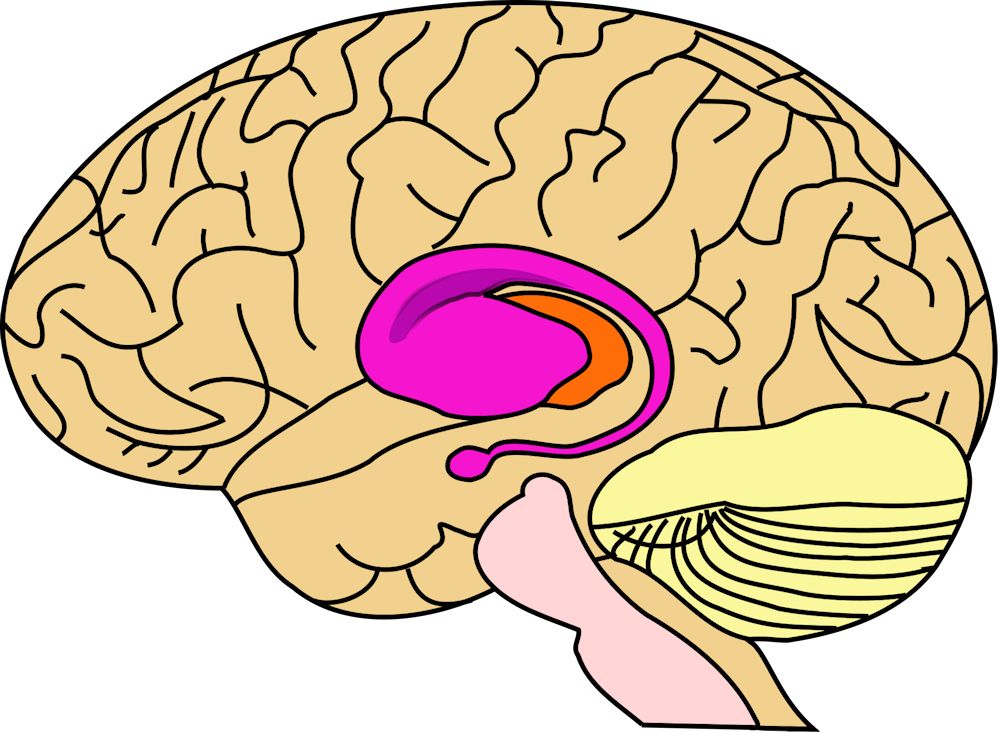Recently I made a decision to take a different route to get to a certain location. The reason being was on the alternate route, there was a store I was to stop at. So, I got into my car and drove. I ended up arriving at the certain location. I was also happy that I got there ahead of time. Way ahead of time. I thought to myself, “Did I leave too early?”

It turned out that I took the same route I always took. I forgot to take the alternate route and stop at the store. My brain went into what is known as “autopilot.” This happens to every one of us. It’s simply the brain’s way of making life easier where we don’t have to think all the time.
Being on autopilot is simply having a habit. Each day, we are guided by many habits. Our subconscious mind takes control of the actions we normally do each day without us having to think about doing them.
Back to driving my car, if I had to think of all the things I had to do in order to drive it; my driving will slow down… way, way down! I would have to think about how much pressure I would need on the accelerator, my steering, the other cars around me and so forth… That was pretty much how each of started out.
At the beginning we used what is referred to as episodic memory. This is when the prefrontal cortex (executive function) in our brain is in control to make sure we stay focused on the task at hand. After awhile, the task gets embedded into the striatum (important for voluntary movement, habitual stimulus response and learning) and a new habit is created… we go on autopilot. When this happens, it now becomes procedural memory and no longer needs the executive function to function. The prefrontal cortex is bypassed.
It’s important to note that being on autopilot is important. Otherwise, we would not be able to fully function. It’s part of our survival mechanism too. When I workout, unless it’s something new, I go pretty much on autopilot. When I engage in the martial arts or play sports, it’s the same. We don’t have to think about walking, running or climbing. We’ve done it pretty much our whole life.
In sports, studies have shown that when a top professional athlete starts thinking about their game, then their ability to perform drops. Over thinking has led many an athlete to fail. They forgot to rely on their autopilot to take control. Almost any area where a person has mastered what they do, their brain goes on autopilot when they do that activity.
Most of what you do each day is on autopilot.
The problem comes when we are engaged in activities that lead us to doing mindless activities. Some have referred to this as being in “Zombieland.” One example is in mindless eating. If you’re watching TV and have snack around, you may be a zombie eating away while watching your favorite show. You won’t even realize that you’re eating and how much. How many times have you seen people go through a large bag of chips while watching the Superbowl? It’s the same at a movie theater and eating popcorn.

I see many people walking along the sidewalk on their smart phones. These people are certainly in “Zombieland.” Sometimes they walk mindlessly across the street and nearly get hit by a passing car. And the driver of the car is also on autopilot, not noticing the pedestrian who almost hit.
Certain stimulus will trigger a response in all of us, depending on the trigger and reaction. We stop thinking at that point and also may go on autopilot. People that are highly trained tend to do that thing automatically for the situation they were trained for. I did this in the Marines and the LAPD. I was able to do the same thing when I speak on stage. Practice enough times that even fear is bypassed and autopilot tends to take over. Though, this could get dangerous too. Many times what our brains perceive as one thing turns out to be another. Because we were on autopilot, we were unable to access our executive function to make a better decision.
That is the reason why taking a step back, when necessary, is important so that you and I can look at the situation from a higher level and takes a different action.
It’s very important to take a step back and start using your executive function to function. Other times it is important to let your autopilot take the ball. Both systems are important and knowing the difference will help you become more effective in life.
Cheers,
Bob Choat, “Transformational Grandmaster” 
Mind Hacker
Growth Hacker
Life Hacker
America’s #1 Mind-Body Transformation Expert and author of Mind Your Own Fitness
Mind Hack Academy: http://mindhackacademy.tv/